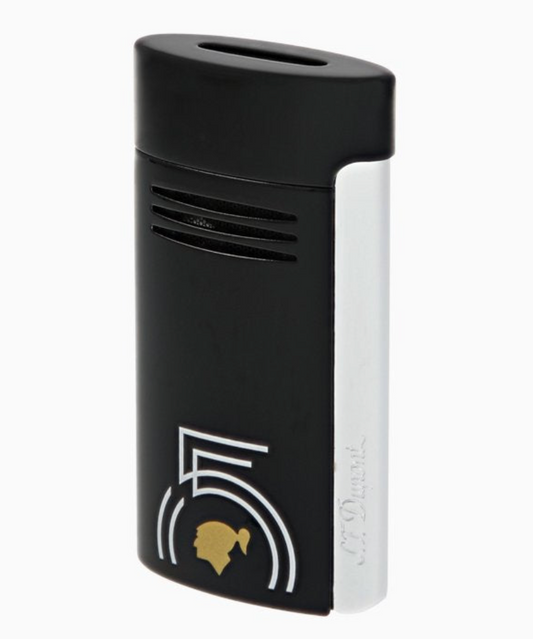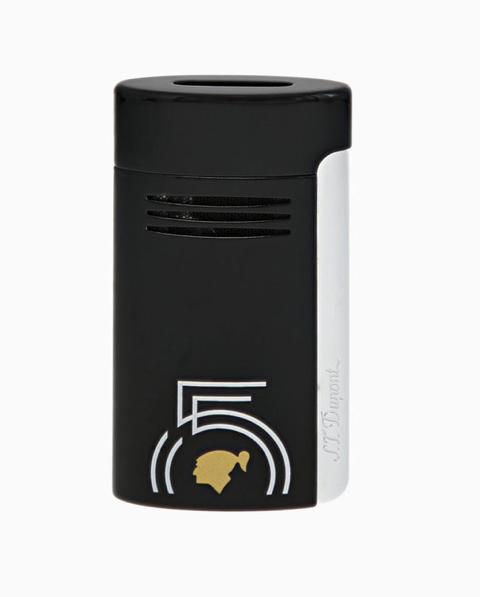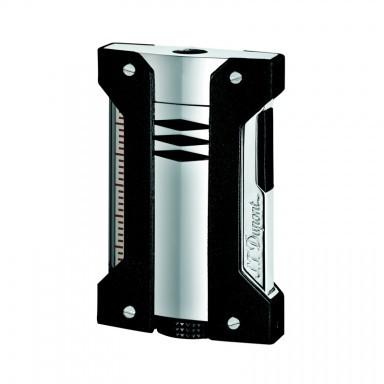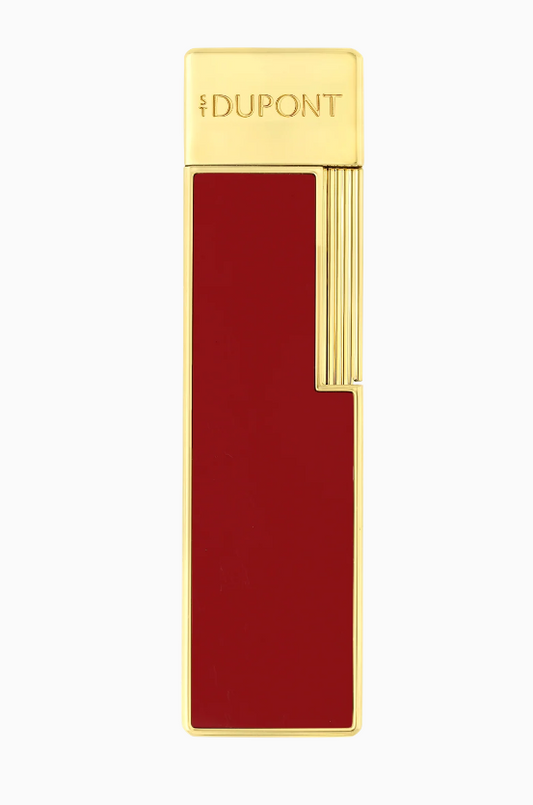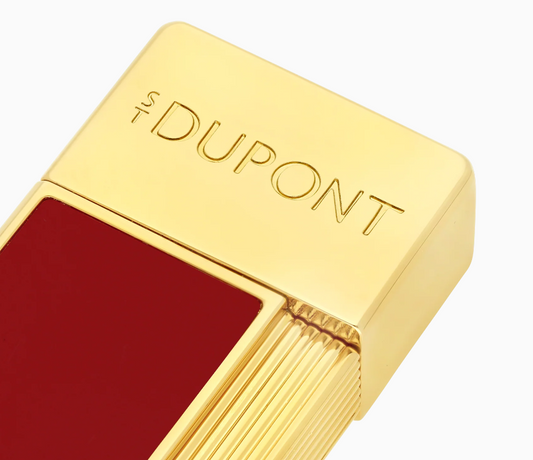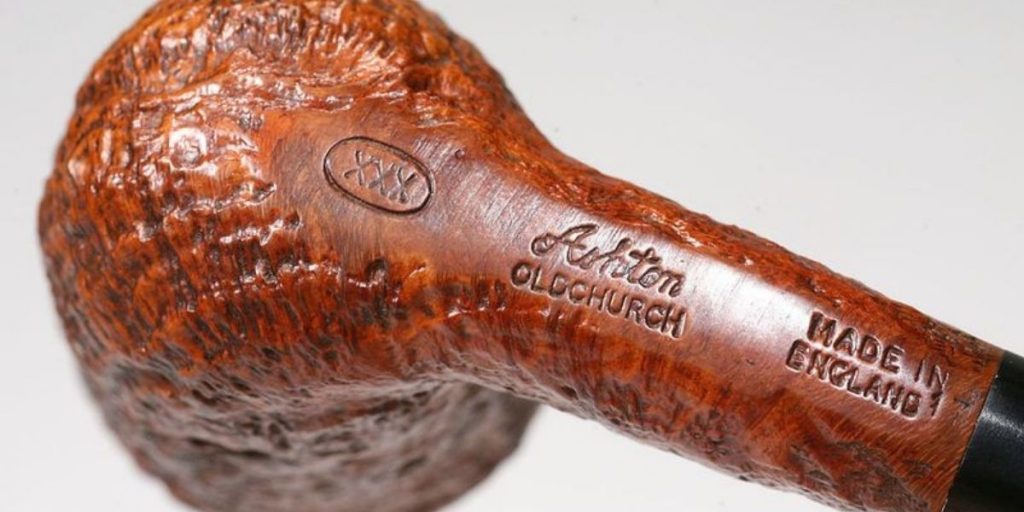The Ashton pipe they refer in the style and forms to those of the dunhill brand, produced in the 80s.
Not by chance, William “Ashton” Taylor He worked for the Duriill for 25 years, producing among the most beautiful pipes of the English brand, where he began his internship at just 15 years old.
In 1983, William Taylor decided to open a production of his pipes of his own, immediately obtaining a great success among the admirers of English smoke, thanks also to the fact that you have maintained the classic style learned at Dunhill.
The classic lines, however, are only an aspect that binds the Ashton At Dunhill since the former appear much more modern and particular, thanks to the use of Indian abanite and much more brighter and courageous colors.
From Dunhill to Ashton pipes: processing
The pipes of the Ashton brand are mainly famous for the treatment that the root undergoes. In fact, William Taylor began his production, he did not have a well -dried and seasoned stock of root, and for this reason He had to find a different solution to eliminate tannin from the younger wood.
The solution was that of harden the pipes in boiling oil, in order to give him an excellent surrender and eliminating the bitter taste, typical of young radical.
The "Ashtonite"
Another revolution of the Ashton brand is the invention ofAshtonite, a special compound, made up of rubber and acrylicate, which serves the Bocchini processing.
Thanks to this compound, the Ashton pipe migchini are soft to the touch, more comfortable to keep between the teeth and which, at the same time, do not lose the glossy black color over time.
The Ashton brand today
Even today the Ashton pipes are completely produced in England, and respect the canons of the finishes, the style and forms of the Made Pipe in England.
Today, after the death of William Taylor in 2009, the current owner of the Ashton brand is Jimmy Craig which successfully carries out the small London factory, producing 3,500 crafts of pipes per year.
The series produced by the Ashton brand are five:
- Sovereign
- Pebble Grain
- Pebble Shell
- Oldchurch
- Straight Grain
To these are added the Giant, above all intended for the American market, and the classics of the brand.
Since 1998, however, William Taylor had also introduced some more free forms, which he defined as "romantic and idyllic".

